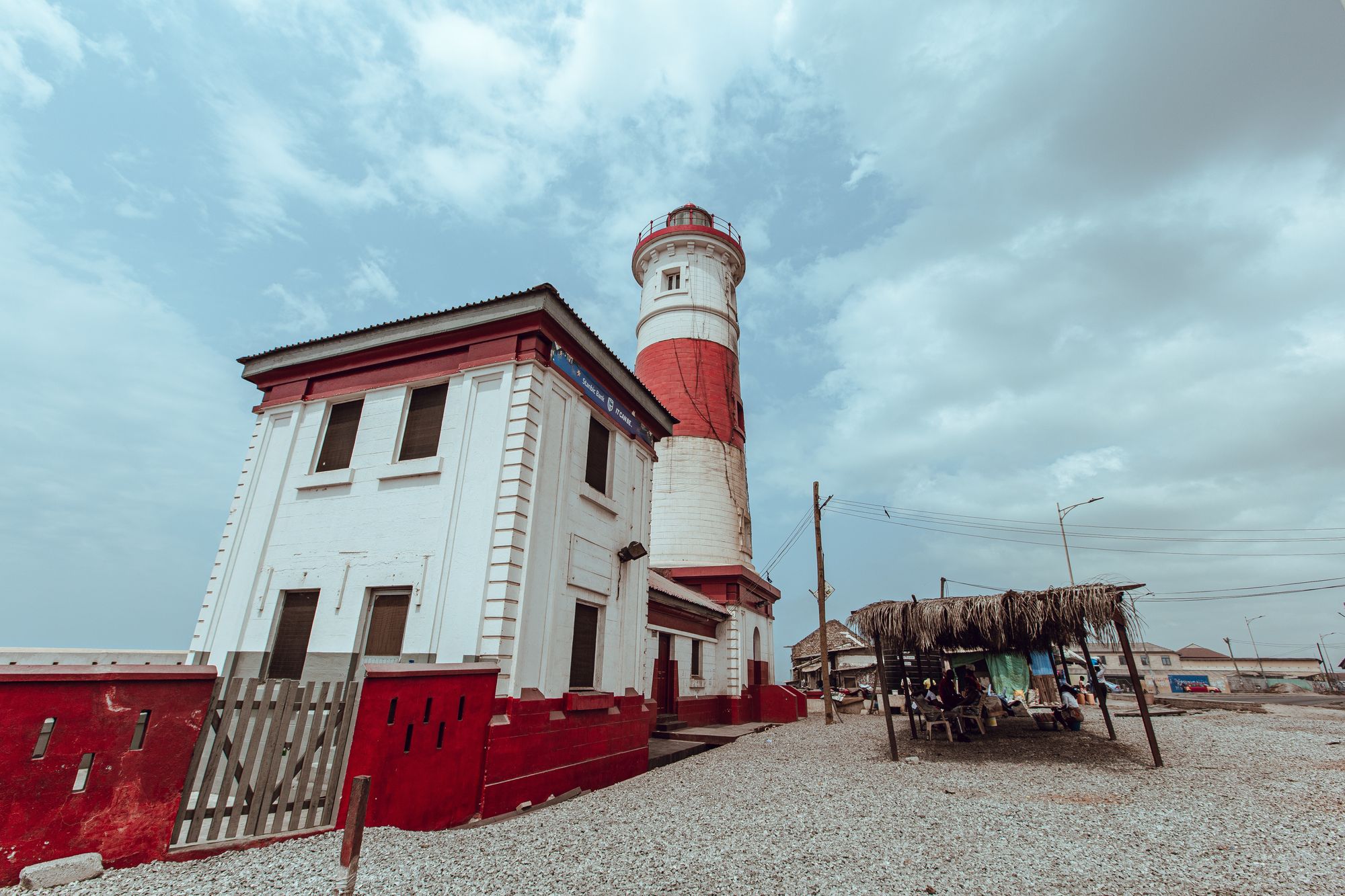
Spotlighting Culture in Ghana From a Buffer Teammate
At Buffer, we regularly share cultural spotlights to connect our global team and help us understand one another at a deeper level. Cheryl, one of our customer advocates, presents a deep dive into Ghana.
Customer Advocate @Buffer
At Buffer, we regularly share cultural spotlights from colleagues to connect our global team, and help us understand one another at a deeper level.
Here’s a slightly edited version of a cultural spotlight we recently highlighted from Cheryl, a Customer Advocate at Buffer.
I’ve lived in Ghana my whole life and I’m happy to share more about this beautiful country with you! I grew up in the capital city, Accra, was in high school in Cape Coast for 3 years, college in Kumasi for 4 years and moved to Tema after I got married about 6 years ago. All of these places I’ve experienced are cities so that’s about as much personal perspective I have of Ghana.
Personal
I spent the majority of my early years in Accra. I was privileged to have attended a good private Catholic School, for my basic/elementary school education from kindergarten till JSS 3 (aka grade 9). Attending a private school is the desire of most families in Ghana, as public basic schools are not in the best of states.
I lived with mainly my nuclear family - parents and two siblings throughout this time, with relatives coming in every now and then to stay with us for a while. This is quite normal in Ghana – families have strong ties with one another to the extent that in most of our local languages, the same word is used to refer to your siblings and cousins.
In Ghana, adults are highly revered and as a child, you cannot give a counter opinion to what an adult says. There is even a proverb that says, “Children must be seen, not heard”. I will say my family didn’t hold onto this so strongly, but there were definitely moments where we wished we could say more as kids.
Going on vacations is not very common in Ghana, however, my mum worked with an airline around the time we were growing up so we got the chance to take several trips overseas, mostly to the UK, once to the US and then once to South Africa. Outside of that, school holidays were spent playing outdoors with friends or visiting our hometown, Aflao to see our relatives there.
After basic/elementary school, I attended a public boarding high school, in Cape Coast. This is also the norm in Ghana, that is, attending boarding school during your high school years. Most children look forward to this opportunity to leave home for the first time and the best schools often struggle with admissions as they always have far too many applications coming in.
I can relate this to the desire to attend Ivy League schools in the US. Cape Coast has the best of the best schools so once again I can say I was privileged. Although I was in high school for 3 years, I know next to nothing about Cape Coast because we weren’t allowed to explore the city - there were a lot of strict rules to live by!
Higher education
After high school, I took a gap year during which I had a teaching job at my basic/elementary school. Taking a gap year after high school was also the norm at the time, however things have changed with some education reforms so this isn’t as popular anymore. You do get some individuals still opting to take a gap year though. This is mostly for financial reasons - to raise money to attend university/college as attending college on a student loan is not very common in Ghana.
I attended one of the 13 public universities in Ghana, KNUST which is in Kumasi. Public universities are the more affordable and trusted options for university education in Ghana. In recent times, private universities like.Ashesi University, Central University and Academic City College have grown as trusted universities but they don’t come cheap and have very limited intake so it’s hard to get a place in them. For this reason, I will say once again that I was privileged to have attended KNUST. Thankfully, there is much more freedom in the university so I got the chance to explore Kumasi albeit not too much because I wasn’t too adventurous, I guess.
I have deliberately highlighted the fact that I was privileged throughout my years of schooling because in my opinion, that creates a world of difference in the opportunities that are open to the average Ghanaian. Factors that contributed to this privilege are the financial strength my parents had, my grades, and maybe a bit of chance.
Remember what I mentioned about how families have a close knit relationship in Ghana? Well, in every family, there are bound to be a few who are as privileged as I was and our responsibility is to “take care” of our relatives who aren’t as privileged. It is very normal in Ghana for relatives to feel entitled to a share of your monthly income simply because you are supposed to understand they aren’t as privileged as you are.
Culture
Most tourists who are asked say Ghanaians are very warm and hospitable people. Err…I could agree in part; I’d say we are generally nicer to visitors/foreigners. This even applies within the home where guests usually have preferential treatment.
Life in Ghana is also very chill, no rush, no urgency, no need to worry. I kind of like this to some extent because it means people are generally less stressed out about issues and are able to easily laugh problems off. What I don’t like about this though is that getting things done in Ghana takes forever.
If this involves an important document that you need for something, it can get quite annoying. However, things have changed a lot in the last few years and continue to change as some government agencies have put measures in place to make the acquisition of documents a lot faster and simpler.
This “Hakuna. Matata lifestyle in Ghana also means that it’s generally okay to settle for anything. In fact, it is almost alien to be keen on following your passion. To most people, a job is a job, no need to worry about if you are cut out for it or not. Oh, and one more thing, if an event is scheduled to start at 8:00, don’t be surprised to have a Ghanaian ask you if it’s 8 o’clock gmt or GMT. The “gmt” in small letters stands for Ghana Man Time and it means – although you say 8 – the event can start at 9 or 10 or 11 with no apologies.
After all, no worries in life right? As a side note, when I was a kid, I actually thought this was the true meaning of GMT. 😄 Even if the event is being organised by a group that is keen on changing this mindset and as such, they mean 8:00 GMT, it could be hard for them to start on time because that will mean starting the event with an almost empty room! But things are changing, punctuality has gotten better over the years.
Language
Ghana has over 100 languages but the most popular one is Akan - you are sure to get people in each of the 16 regions in Ghana who speak some variant of Akan. Don’t tell anyone I told you this though, other tribes don’t want to agree that Akan is the most popular language. 🤣 English is however the official language in Ghana so courses/subjects in schools are taught predominantly in English and business is mostly transacted in English as well.
Food
There’s not a single meal that can be described as the most common in Ghana. Due to urbanization, most cultures enjoy local meals from other cultures. Some notable ones are fufu and soup from the Ashanti Region, banku and okro from the Volta Region, kenkey, fried fish and chilli sauce aka shitor from the Greater Accra Region.
One common fact that our local meals share is that they take a long time to be prepared. For this reason, they are not usually everyday meals and mostly reserved for the weekends, especially Sundays and holidays. Everyday meals include rice dishes such as jollof and waakye, beans and fried plantain, yam and palava sauce (made from kontonmire which is quite similar to spinach).
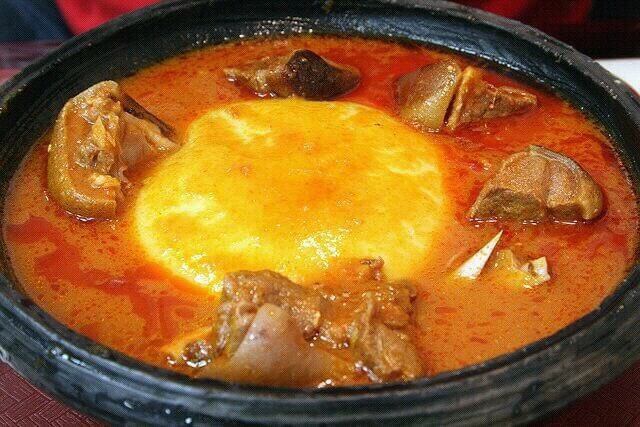
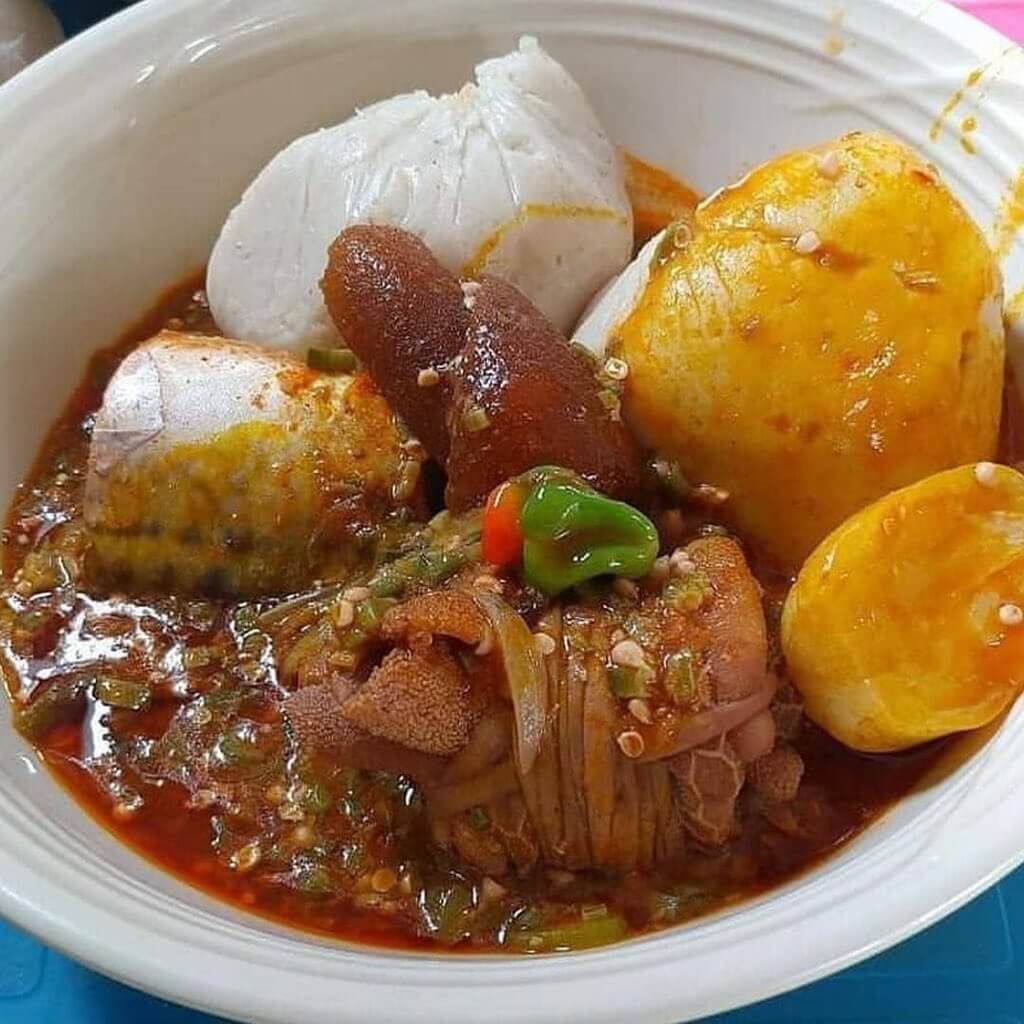
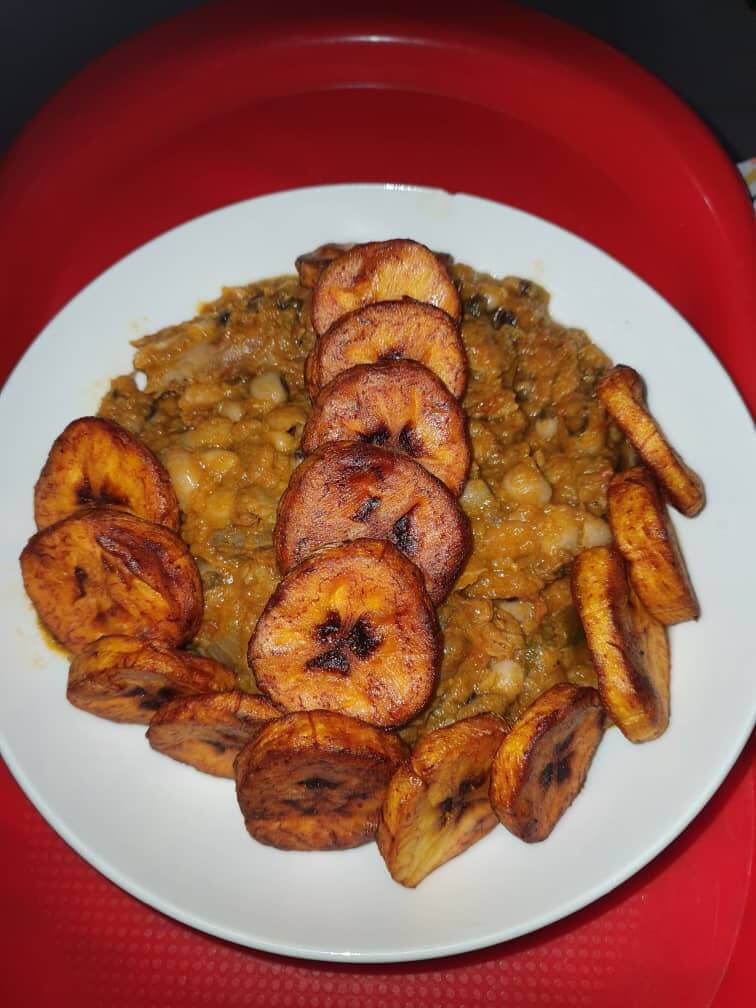

Grocery shopping for fresh food is usually done in open markets like the Makola market. Malls and supermarkets have gotten really popular in the last few years but they are preferred for packaged food, clothes, bedding etc. Restaurants are the place to go to for dates and hangouts.
For celebratory dinners and special occasions, Chinese restaurants and buffets at hotels are the popular places of choice.
Weather
The weather in Ghana is sunny for the most part of the year, with an average temperature between 27 and 30 degrees Celsius. For a few weeks in December and January, we experience harmattan which is characterized by dry, dusty winds. During this time, temperatures can fall to about 20 degrees Celsius in the evenings and early mornings, which is really cold in Ghana.
There is also the rainy season between May and June. It could rain for a few hours about 2-3 times a week and it’s sunny the rest of the time 🤣
Religion
Christianity and Islam are the two dominant religions in Ghana. However, most cultures still have some form of reverence/acknowledgement of African Traditional Religion.
Related to religion and spirituality, people in Ghana can be superstitious about a whole lot of things. This creates a situation where it’s quite an abomination to share your success stories like graduating from school, getting a new job, being pregnant, buying a new car, etc.
The upcoming generation doesn’t seem to appreciate this culture of keeping things underwraps so much so we are gradually fighting it. Social media has helped a lot in making us become more open, but the older generation still don’t fully support what we share publicly.
Festivals, Holidays, Events
Ethnic groups in Ghana each have at least one festival they celebrate. These festivals mostly have a significance related to the history of the group. For example, the ethnic group I am from, Ewe, celebrate the Hogbetsotso festival as a way to remember their migration from present day Togo to Ghana when they fled from a wicked king.
Today, these festivals are occasions that send city dwellers home to connect with their roots. They are also a form of tourist attraction.
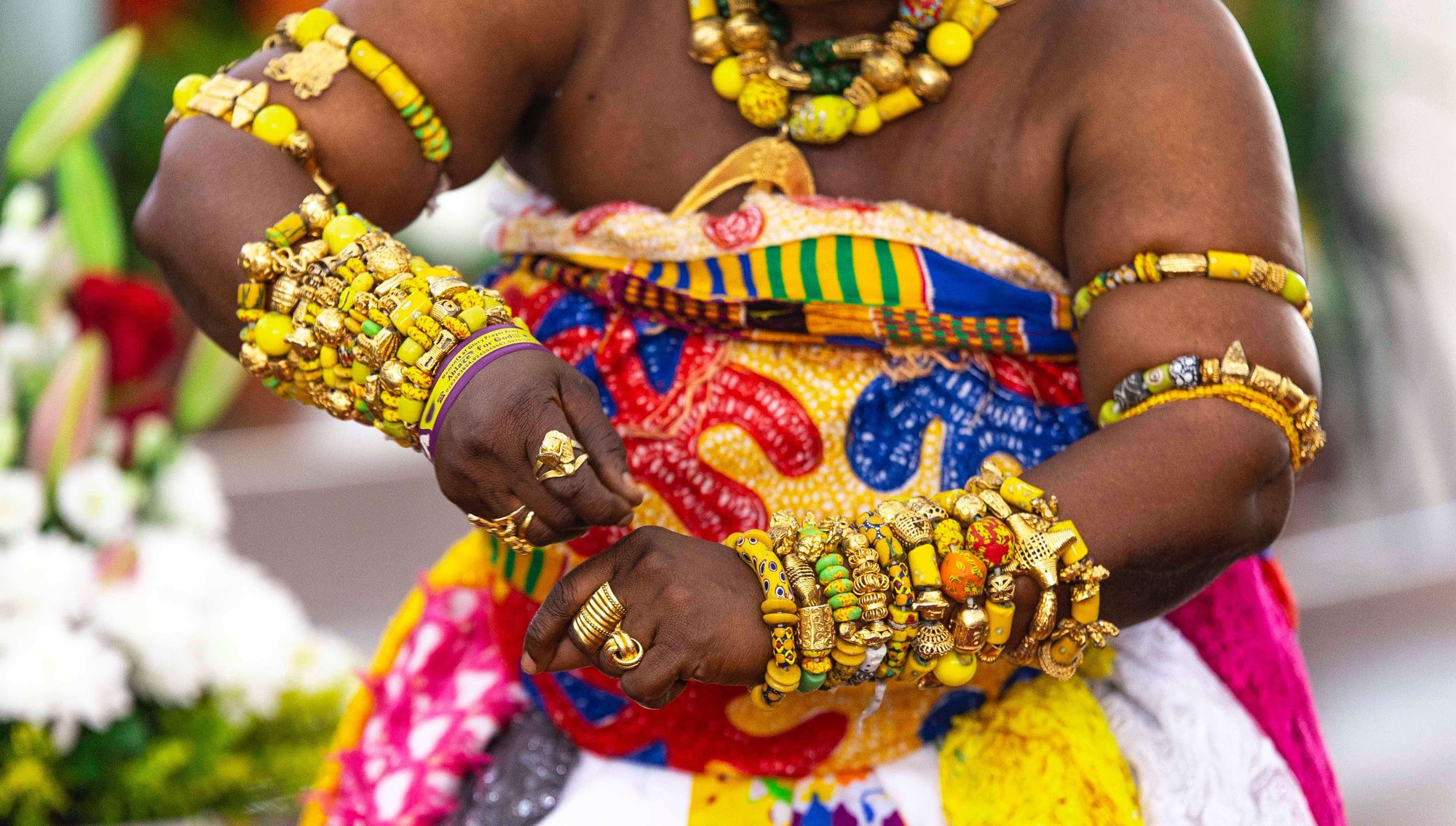
We love public holidays in Ghana! Apart from holidays like Christmas, Easter and Eid Fitr/Adha which are celebrated by religious groups, every other public holiday is treated the same way by most Ghanaians.
Officially, there will be some form of public event. However, for most people, it’s just another day to spend some time at the beach, organise a funfair, party, go to a resort, etc.
Weddings are big events in Ghana and funerals are even bigger. It’s not unusual to budget for as many as 500 guests when planning your wedding in Ghana. In fact inviting fewer guests makes you seem stuck-up and planning an invitation-only event will surely get you some enemies for life. For a funeral, you won’t even plan for a fixed number, just plan to cater for everyone who shows up and they are sure to be more than 500!
Weddings are mostly in 3 parts. The traditional wedding, which is the first, is supposed to be mainly between both the bride and groom’s families. However, because family ties are strong, expect to see family members that you never knew existed. This is followed by a church or court wedding and then finally a reception. For people who are still keen on having a more intimate set of guests, there will be a 4th event, which is mostly a lunch or dinner party.
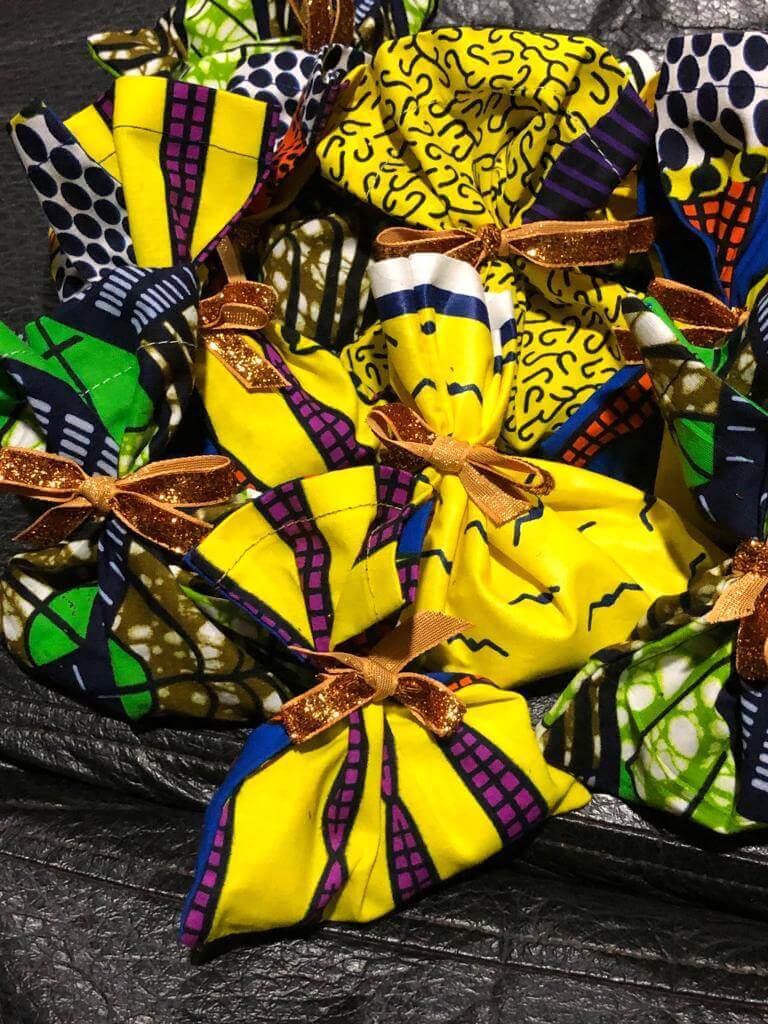
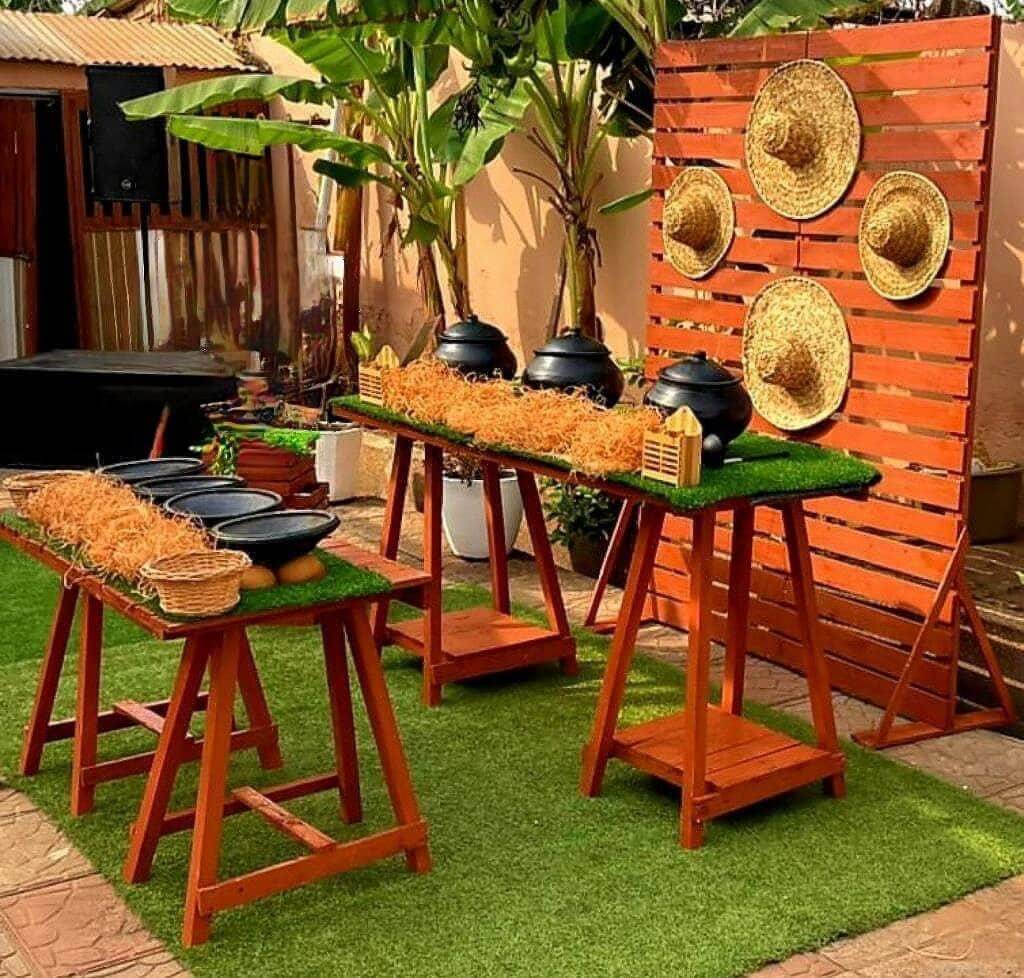
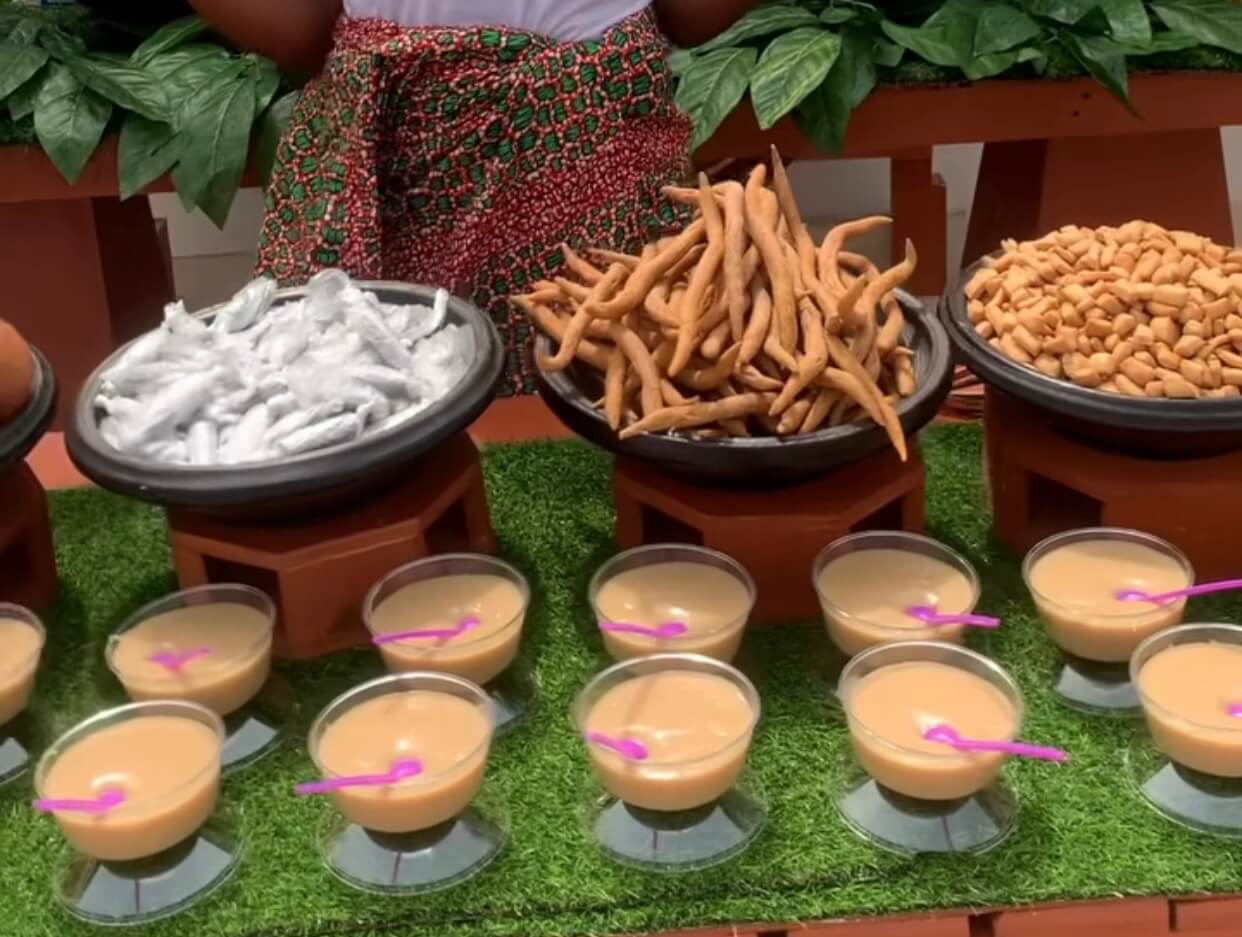
Funerals begin with a wake-keeping usually starting on a Friday evening into the early hours of Saturday. On Saturday morning, there is a church or family pre-burial event, followed by the actual burial. A reception then follows which can last till the evening. On Sunday, there is another event called the “final funeral rites” which is pretty much like the reception that happened on Saturday afternoon.
During both receptions, there is a lot of eating, drinking, dancing and fund-raising. Sounds more like partying than mourning? You are right to think that way. Remember, Ghanaians don’t have a need to worry so even mourning for too long is wrong. Once the burial is over, it’s time to celebrate the life of the person. Sorry if this makes you uncomfortable, it’s one of the things I don’t quite like either because I feel people are not really allowed to mourn as much as they want/ought to.
Cost of Living
It’s hard to give a general answer to what the cost of living is like in Ghana. Google’s answer will probably be that the cost of living is low, which can be true if you are referring to living based on a certain kind of standard. However, for a more comfortable life in Ghana, the cost of living is extremely high. People barely ever make enough to have that kind of life here.
A good example to explain this is housing. When young adults get married, they would usually rent a 2-bedroom house and stay in this house for a long time to come as they raise kids and try to build their dream house at the same time. Taking a mortgage to buy a house is such a rare option and is so expensive. By the time the dream house is built, the kids are no longer kids to enjoy it, and the cycle continues.
Reflections
I remember when I first joined Buffer, one thing I found within my onboarding document that struck me was a video of “Ask vs Guess” culture. I realised how much in Ghana we have a very strong “guess” culture and I had always been seen as different because I love to ask questions a lot.
Over time, I have come to observe that I still have a lot of the attributes of someone from a “guess” culture ingrained in me. This is just one of the ways I realise that I am very different from the average Ghanaian in my mindset, beliefs, values etc and yet when compared to people from other cultures, I am still very different. A lot of what is acceptable in Ghana is pretty much a part of me.
Hope this has given you a little glimpse into life in Ghana.
Try Buffer for free
140,000+ small businesses like yours use Buffer to build their brand on social media every month
Get started nowRelated Articles

How the Buffer Customer Advocacy Team set up their book club, plus their key takeaways from their first read: Unreasonable Hospitality by Will Guidara.

In this article, the Buffer Content team shares exactly how and where we use AI in our work.
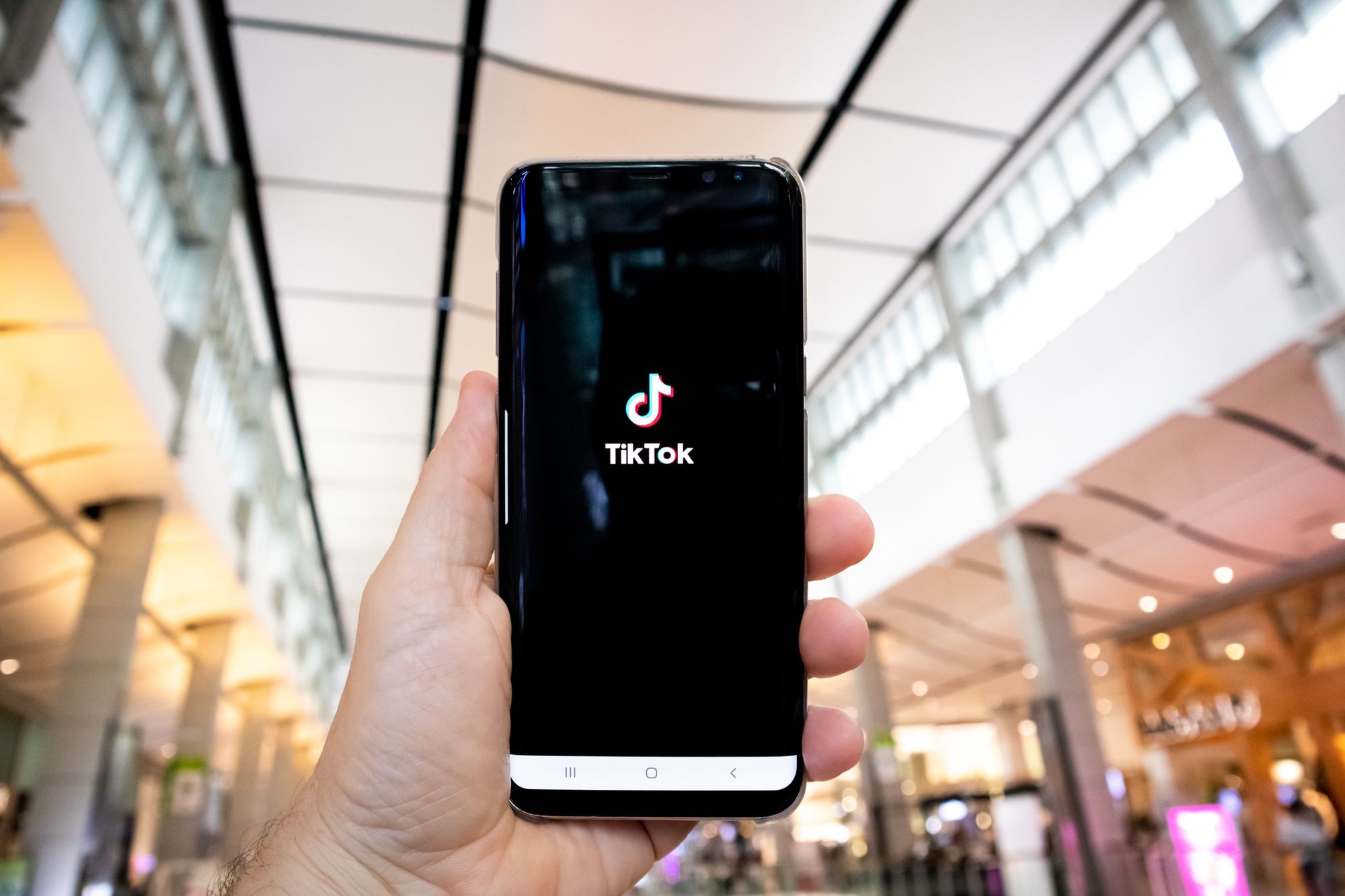
Here we go again. If you work in social media, it’s nothing new to adapt and change your strategy based on the ever-changing algorithms and the rise and fall of social networks. (Who else was on Vine? 🙋🏻♀️) But, of course, we wish you didn’t have to. The latest wave for social media marketers and creators is that TikTok might be banned in the U.S. The short-form video app has become one of the most widely-used social media platforms and is credited with impacting trends and cultural shifts.